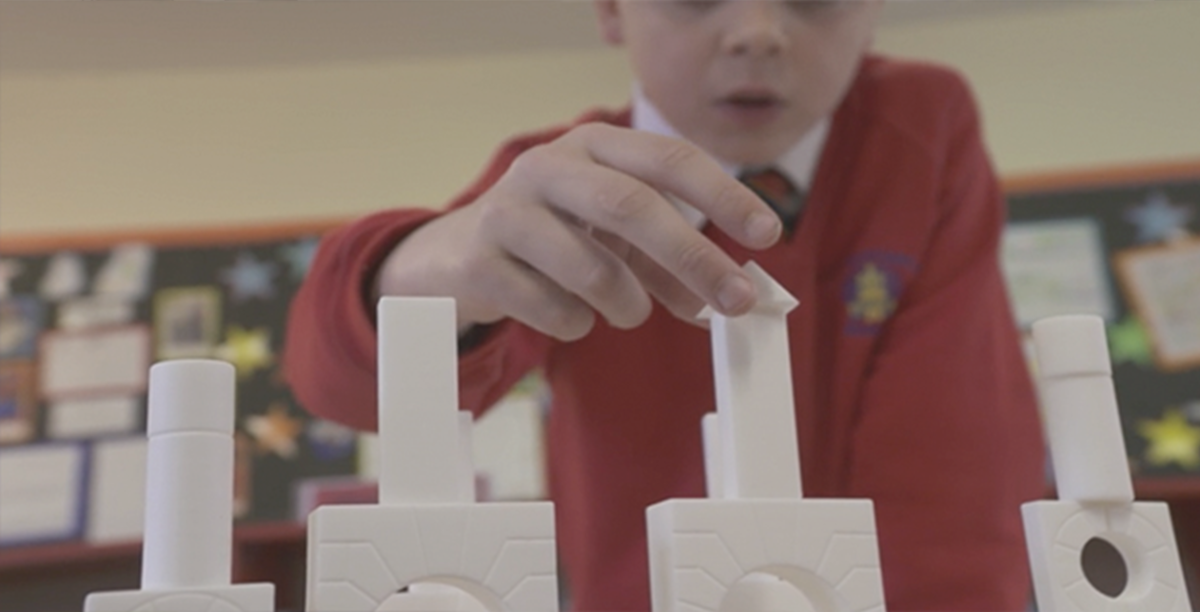Play is in crisis with todayтs children lacking adequate time and space for real play. Many spend too much time in scheduled and solitary screen-based activities. Two thirds of parents report that their children have less opportunities to play than they did as a child. Yet, research shows that play is vital to a childтs development. It develops the skills necessary to tackle humanityтs future, such as emotional intelligence, creativity and problem solving.
Unilever, the LEGO Foundation and IKEA Group, in partnership with National Geographic, formed The Real Play Coalition to change behavior and get kids to spend less time staring at screens and more time playing in the real world.
However, the conversation around digital addiction has grown convoluted and confusing with too many messages and too many experts. The Coalition needed a simple, powerful reminder about the power of real play in the development of creative thinking. So we enlisted the help of one of the worldтs greatest and most playful minds т Albert Einstein. The team discovered (and dusted off) his own toy building blocks from 1883. Einsteinтs blocks!
We wanted to get those blocks in the hands of children all over the world. But how? Technology gave us the answer: We could scan those blocks for 3D printing. In fact, 3D printing toys is one of the largest growth markets for 3D printing. And 3D printing is increasingly being used in secondary schools, and even some primary schools. The team painstakingly scanned all 160 of Albert Einsteinтs original toy blocks.
All we needed was a platform to deliver Einsteinтs blocks. We built one. We created a website, OpenEinstein.com, to make them available for anyone, open source, anywhere in the world, to 3D print and play, for free. And to ensure kids actually got them, we provided schools around the world with a complete set!
The Real Play Coalition and launched at the World Economic Forum in Davos, Switzerland. We got our three high profile CEOs т Unileverтs Paul Polman, LEGO Foundationтs John Goodwin and IKEA Groupтs Jesper Brodin т to raise awareness for the play crisis, the need to prioritize play globally, and Einsteinтs blocks.

THE IMPACT
- Over 300 million people reached in more than 95 countries
- 350+M earned impressions across print, radio, social and online media outlets
- 4.5M people reached via organic conversation on social
- 30+ businesses, NGOs and key opinion formers interested in accessing the blocks and partner with Real Play Coalition




